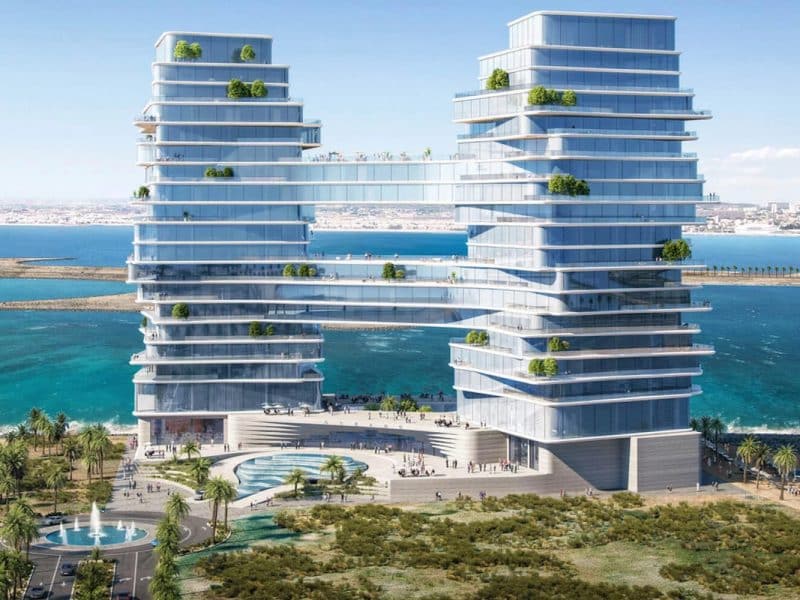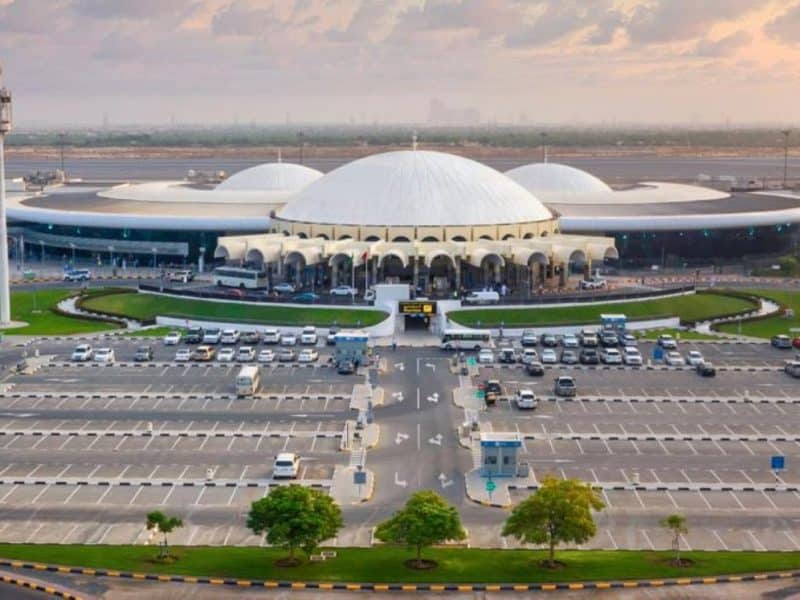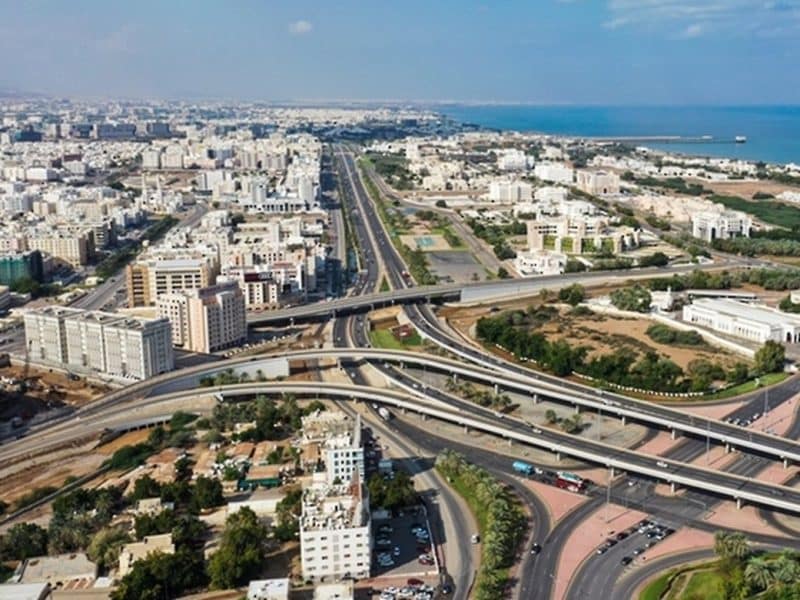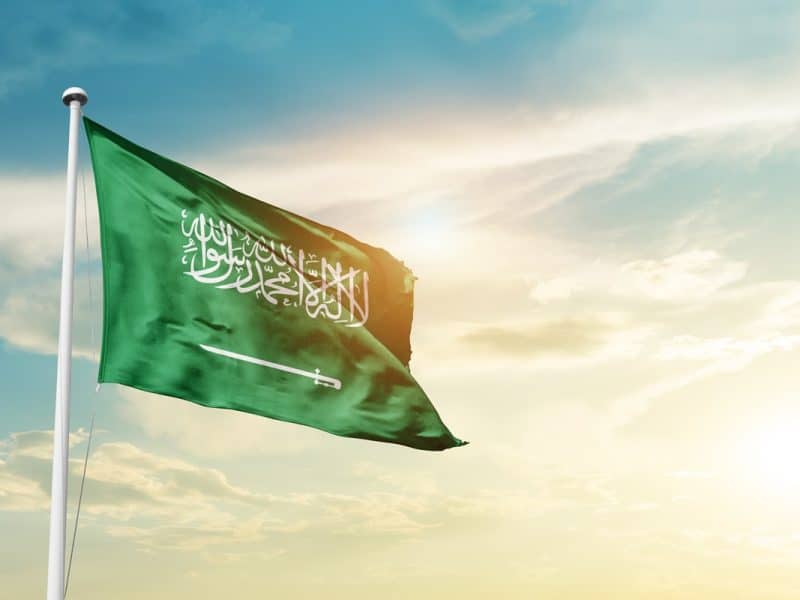Value creation is fundamental to everything we do at Emaar.
Emaar was the first company to list on the Dubai bourse in 2000 and in 2014, we set another milestone with the truly international IPO of Emaar Malls Group through a book-building process, the first of its kind undertaken by a company in the UAE.
On 25 November 2014 Emaar and Emaar Malls crossed a combined market capitalisation of over AED100 billion ($27.22 billion) and we are firmly on course to being among the most valuable and admired property development companies in the world.
We shared our success with our shareholders by distributing a total of AED17.12 billion ($4.66 billion) in dividends in 2014.
This is truly historic and also reflects the positive growth of Dubai’s economy, which gains traction from the robust performance of its core sectors including trade, tourism, logistics, aviation, hospitality and retail.
The strong interest of international investors, particularly following the Morgan Stanley Capital International (MSCI) upgrade of Dubai to emerging market status, no doubt, was another growth driver for business.
Yet, I strongly feel that the Dubai Financial Market (DFM) needs to shift towards a more institution-driven financial structure.
Despite the strong fundamentals of the Dubai economy and its openness to world markets, DFM is today heavily driven by retail investors, characterised by their shortsighted approach to investment. We cannot take greed away from the financial system but we can bring greater order and limit panic-driven reactions that serve no good to anyone.
The correction must come from within: retail investors can show more restraint in their everyday transactions, and supported by serious long-term investors and foreign institution investors, we can shift the game towards greater market stability. With the Dubai economy now firing on all cylinders, there is no reason why every global shift must affect the investment decision of local investors. More market maturity will only contribute to sustained value and this will be clearly a win-win situation for all.
Equally important is the ‘maturity shift’ we need to see in the property sector. Dubai’s property sector will continue to emerge as a more mature market in 2015. The concerted efforts of the Dubai government have helped manage the supply pipeline, and at the current trends of population and tourism growth, demand is set to remain healthy.
There are reports of the market softening as rents and prices stabilise but that is no reason for panic. In 2013 we saw the property market heating up again. Demand spiked and the supply stakes broadened.
Having learnt our lessons from the past, we did not let the market go berserk. Complementing the efforts of the government, Emaar Properties introduced a number of measures to curb speculation. We cushioned the market and that is what makes the current softening of the market important from a long-term perspective. What we now have is real demand from end-users and long-term investors.
We have a created a template of positive growth for serious investors that will be sustained, in the run-up to the Dubai World Expo and beyond.
The green shoots of maturity that we see in the financial and property markets of Dubai now will grow even deeper roots in 2015, helping to boost market and investor confidence. With the city drawing renewed growth energy from the Dubai Plan 2021, we are set to mark a new year of stability.
For Emaar, this means more partnerships and investments to create premium ‘cities of the future,’ firmer growth for our retail and leisure business, especially as we focus on achieving the 100 million visitor milestone for The Dubai Mall, and higher occupancy levels at our hotels.
And across all our operations, our primary focus on sustained value creation for our shareholders will remain unwavering.








